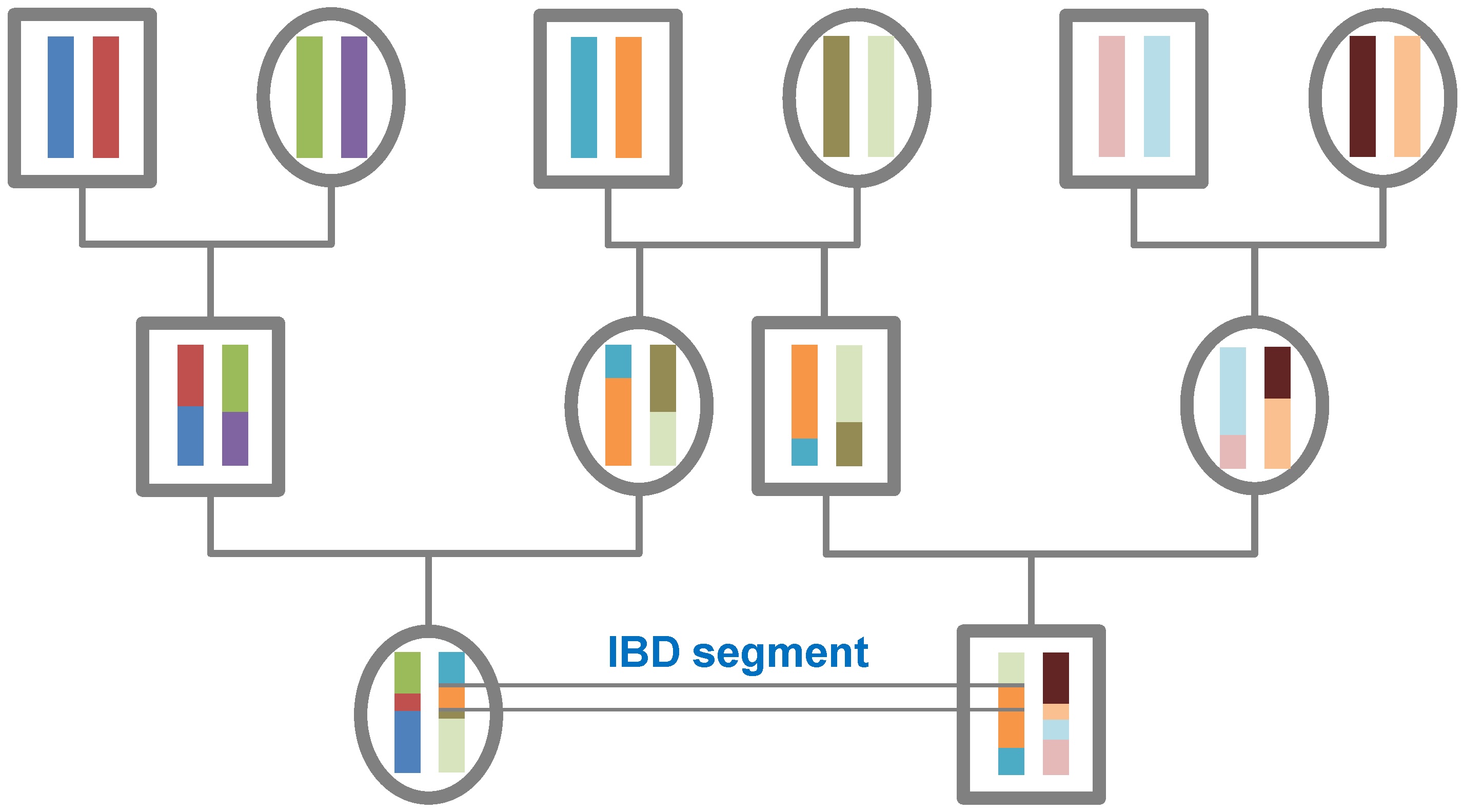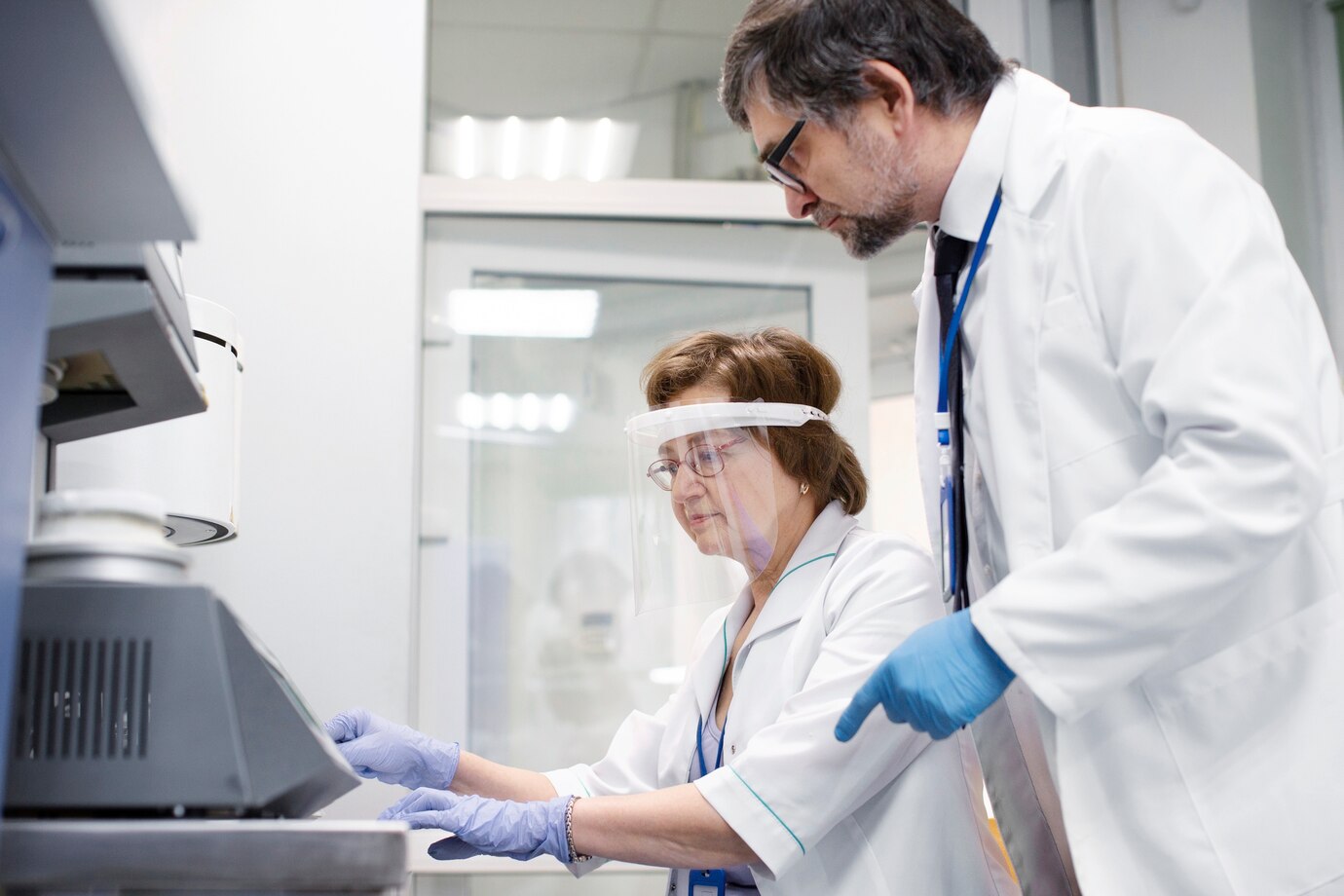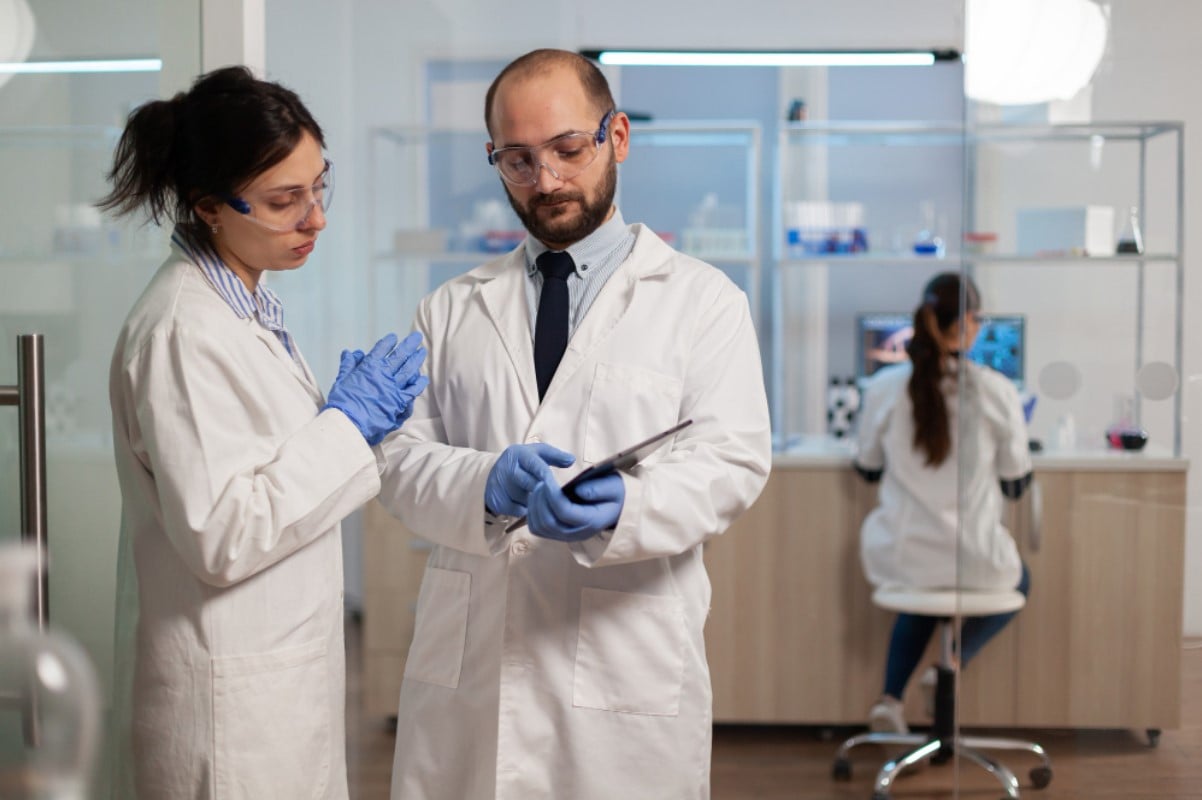UK scientists have discovered a major case study of inflammatory bowel disease (IBD). This new discovery, which is helping researchers understand the cause of IBD, could lead to more effective treatments for conditions caused by it.
Although researchers previously believed no existing drugs could interrupt the inflammation process, a better treatment may be on the horizon.
What Is IBD?

IBD describes a group of disorders that cause the intestines to become inflamed, causing discomfort to those experiencing the problem.
Research suggests that chronic inflammation, often believed to be an autoimmune disease, may not result from the immune system attacking the body.
Common Types of IBD

Crohn’s disease and ulcerative colitis, the most common forms of IBD, affect an estimated half a million people in the UK. Most cases reportedly start when people are teenagers or young adults.
Unfortunately, there hasn’t been much research done to fully understand the underlying cause of IBD or how to treat it.
The Research

Researchers from University College London and the Francis Crick Institute found a weak spot in our DNA that is present in 95% of people suffering from IBD.
The researchers discovered this by exploiting a “gene desert,” which is an area where protein-coding genes are missing. This region was once believed to be unimportant, but it makes up nearly 25% of the human genome.
The Answer in the Gene Desert

In the gene desert, researchers found a section of DNA termed an “enhancer.” This section of DNA can amplify other genes’ expression.
In specific immune cells called macrophages, the enhancer was active. The study noted that this was an important factor when looking at the cause of IBD. The enhancer was also active in a gene called ETS2, a risk factor for IBD.
The Starting Point

“Using genetics as a starting point, we’ve uncovered a pathway that appears to play a major role in IBD and other inflammatory diseases,” James Lee told the Guardian.
Lee is a clinical scientist at University College London, a consultant gastroenterologist at the Royal Free Hospital, and a senior author of the paper.
The “Holy Grail”

Lee called this discovery a “holy grail” as if it offers major hope for a treatment to IBD. An existing class of drugs may be able to halt the process that kickstarts IBD in most patients.
“Excitingly, we’ve shown that this can be targeted therapeutically, and we’re now working on how to ensure this approach is safe and effective for treating people in the future,” Lee said in a press release.
Finding the Problem

With the help of genetic editing, the team behind the study was able to test the connection between the enhancer and IBD. When the enhancer was dialed up, the ETS2 in macrophages activated in a way that caused inflammation.
The study noted that this inflammation was similar to the type seen in patients with IBD.
Reducing IBD

Knowing what is causing the inflammation was extremely helpful to the study because it means that existing drugs could help interrupt the cycle and reduce inflammation.
Researchers approved only a small percentage of drugs tested to treat IBD because the disease was poorly understood.
Understanding the Complex Disease

Understanding the pathways that cause IBD and disease like it can also help researchers fight inflammatory conditions like autoimmune disorders, too.
“IBD and other autoimmune conditions are really complex, with multiple genetic and environmental risk factors, so to find one of the central pathways, and show how this can be switched off with an existing drug, is a massive step forward,” Christina Stankey, a Ph.D. student at the Francis Crick Institute and first author of the paper, said in a press release.
The Cure May Already Exist

Drugs that need to target this pathway might already be available to those suffering from IBD. The researchers identified a class of medications that “switch off” the culprit gene in other conditions.
The researchers now need to fine-tune how they deliver the drugs into the body to target the specific cells that activate the effects of IBD.
Hope for the Future

“We found not only how and why it goes wrong, but potentially a new way of treating these diseases,” Lee said to BBC. However, the treatment for IBD might not start imminently.
“Crohn’s and colitis are complex, lifelong conditions for which there is no cure, but research like this is helping us to answer some of the big questions about what causes them,” Ruth Wakeman, from the charity Crohn’s & Colitis UK, said.








































